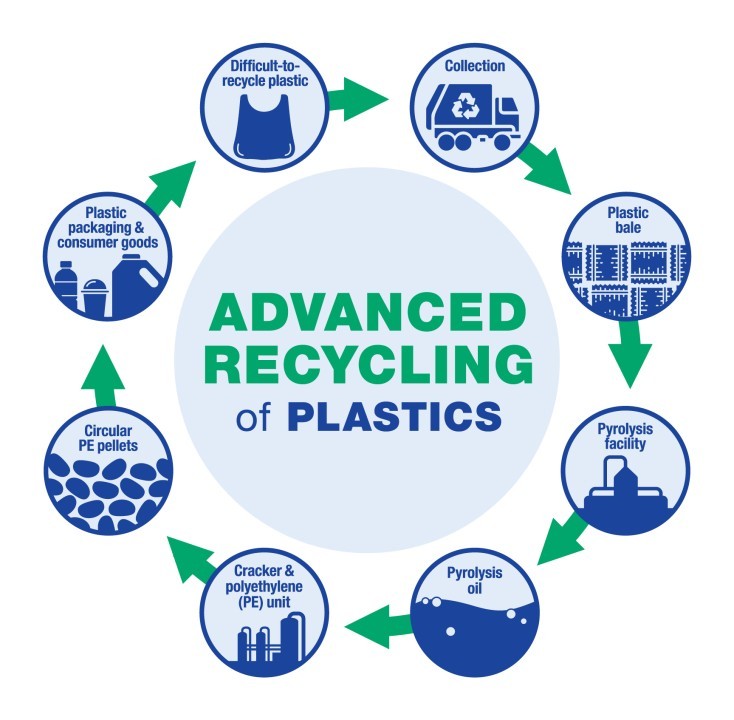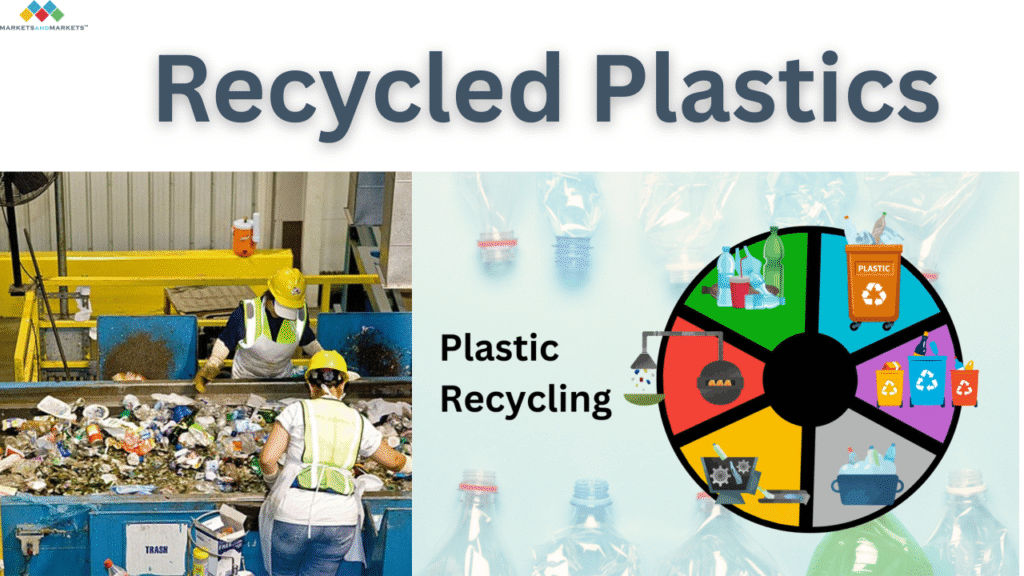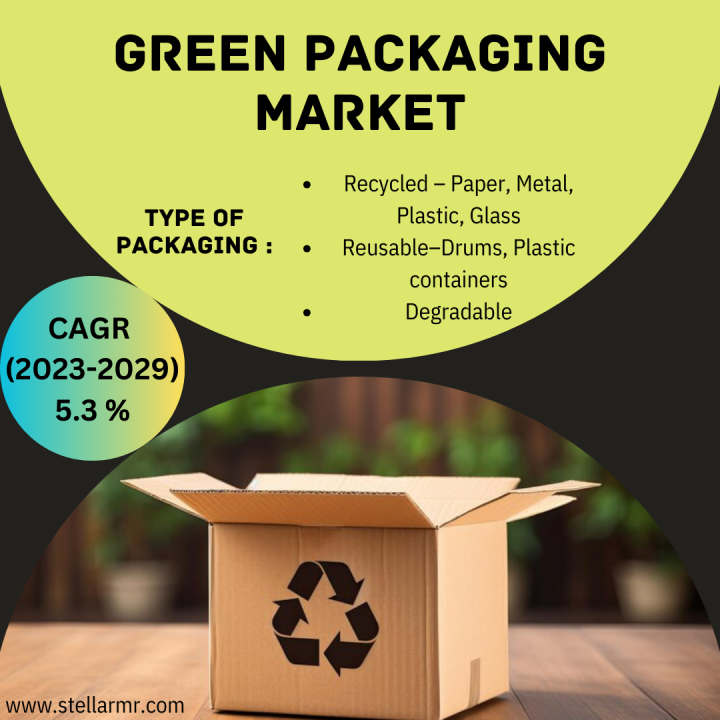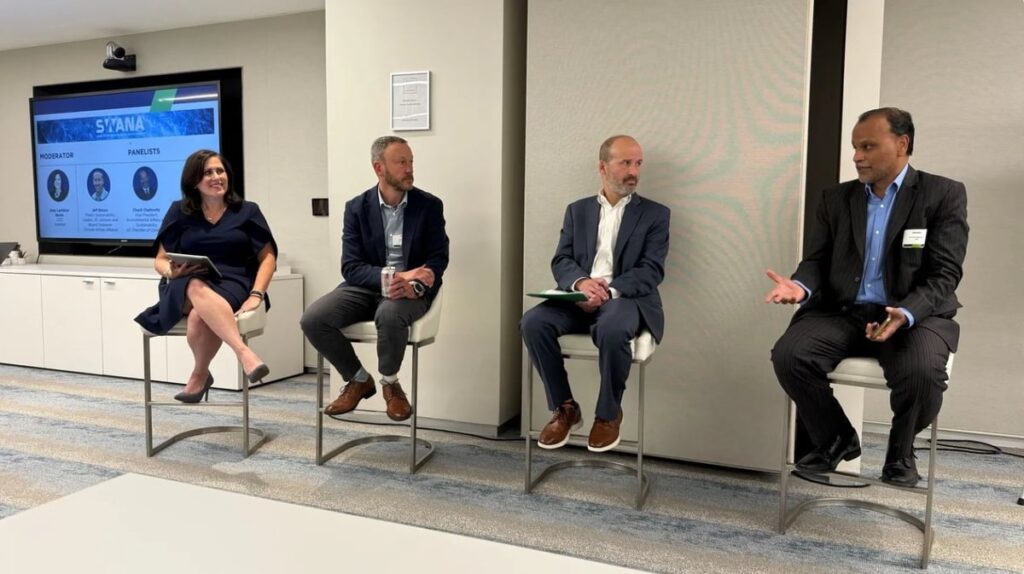
Recycling & Packaging Goals for Plastics Deal
The INC-5.2 talks in Geneva (August 5–14, 2025) push forward the global plastics treaty. Asia–Pacific countries confirm their commitment to a legally binding deal to end plastic pollution.

Packaging industries are particularly focused on two key issues: Extended Producer Responsibility (EPR) and limits on total plastic production.
1. What Should Vietnam Prepare for the Global Plastics Treaty Negotiations?
Outlook for the Global Plastics Treaty
The Asia–Pacific region remains committed to reaching a plastics agreement at INC-5. The United Nations has already approved the roadmap for the treaty.
“Some of the outcomes from the INC-5.2 negotiations could affect plastic production, product design, and end markets for plastics — all of which are truly critical factors,” said Amy Lestition Burke, CEO of the Solid Waste Association of North America (SWANA), during the SWANA Dialogue in Washington, D.C., ahead of INC-5.2.
According to Burke, although the direction of this negotiation round remains unclear, stakeholders in the waste and packaging industries are particularly focused on two key issues: Extended Producer Responsibility (EPR) and limits on total plastic production. Both could reshape recycling supply chains and directly influence packaging design decisions by brands.
The INC-5.2 talks, held from August 5–14 in Geneva, Switzerland, are part of a global process launched in 2022 to create a legally binding international agreement to end plastic pollution. The original target was to conclude negotiations by the end of 2024, but the INC-5.1 round in Busan, South Korea, stalled without reaching consensus.
Although some expressed disappointment that the process has stretched into 2025, SWANA dialogue speakers reaffirmed that the plastics treaty is a worthy effort.
“What we all agree on is that the waste and resource management sector plays a pivotal role in the solution,” Burke emphasized.
Chuck Chaitovitz, Vice President for Environment and Sustainability at the U.S. Chamber of Commerce, said that ideally, INC-5.2 should produce a global framework that encourages national ambition, while building effective collection–reuse systems and establishing robust end markets for the circular economy.

The upcoming negotiations on a global plastics treaty are expected to have a major impact on recycling supply chains, opportunities for business innovation, and voluntary commitments to reduce plastic use.
2. Investment in Recycling — Action Needed Now
Ganesh Nagarajan, Senior Director for Plastics at Waste Management (WM), believes the global treaty must include investments in recycling infrastructure, both in developed and developing countries, while ensuring long-term end markets for recycled materials.
“These investments need to happen now, not just wait for a legal framework or treaty. There must be a stable and sustainable market behind them,” he stressed.
Expanding end markets would help increase recycling rates for hard-to-process materials such as plastic film and flexible packaging, which currently have a recycling rate of only 2%. WM is piloting special collection programs but currently can only recycle materials that customers inadvertently place in bins.
“That’s a huge untapped opportunity. We want to ensure there is a strong and stable market before allowing customers to place those materials in the system,” Nagarajan said.
3. Beyond Voluntary Action
Jeff Bezzo, Head of Plastic Sustainability at SC Johnson, noted that many global brands have set targets for using recycled plastics, which is driving growth in the plastic waste management market. However, he stressed that voluntary action alone is insufficient.
“We’ve made progress in tackling plastic pollution — 25% of SC Johnson’s global packaging now uses recycled plastics. But we want to do more. It’s hard to compete when only a few companies voluntarily take action while others don’t,” he explained.
“With better financing mechanisms, we could collect more waste, have better material recovery facilities (MRFs), and develop stronger end markets,” Bezzo added.
He also suggested that EPR should be incorporated into global design guidelines, so manufacturers worldwide understand how to design packaging to improve recyclability.

Speakers discussed expectations for the INC-5.2 session on the global plastics treaty at the SWANA dialogue. Photo: Waste Dive.
4. Rising Focus on PCR and Production Limits
On the subject of post-consumer recycled content (PCR), Bezzo proposed gradually increasing mandatory requirements over time, allowing suppliers to prepare and ensuring effective end markets.
Chaitovitz agreed that EPR must have a place in the global treaty but emphasized that the U.S. is still debating how to structure producer responsibility organizations (PROs) — including who can participate and who owns the recycled material, whether recyclers or brands.
At WM, Nagarajan said EPR could be a powerful lever if paired with demand drivers such as mandatory minimum recycled content in products.
In earlier negotiation rounds, participants debated whether to cap virgin plastic production. SWANA speakers said they are watching closely to see how this issue progresses in Geneva.
Bezzo argued that brands need to start reducing reliance on virgin plastics, potentially through PCR mandates, lightweight product design, and reuse/refill programs.
“Consumers have shown a willingness to use products with less plastic,” Chaitovitz added. “But ultimately, the decision must come from the market.”
Operating under the motto of “Pioneering Quality,” Hoang Vuong consistently aims for sustainable and environmentally friendly packaging solutions. We proudly hold the following certifications: FSC Certification, GMI Certification, G7 Certification, ISO 9001:2015
With over 15 years of experience in the paper packaging industry and a solid brand reputation, Hoang Vuong is a leading private paper packaging enterprise in Vietnam, partnering with numerous major brands locally and internationally. We accompany your company on the journey of innovation, seeking differentiation through continuous improvement. Your success is both an achievement and motivation for us to continue innovating and maintaining professionalism.
- Address: 10/6C Street 10, Binh Hung Hoa A Ward, Binh Tan District, Ho Chi Minh City
- Mobile: 0908.863.965 (Mr. Le Hong Son)
- Phone: 028.62696129 – 028.22481926
- FAX: 08.62696032
- E-mail: havupackage@gmail.com
- Website: www.baobigiay.vn – www.hopcungcaocap.vn
- Fanpage: Hoang Vuong Paper Packaging Company Limited.

